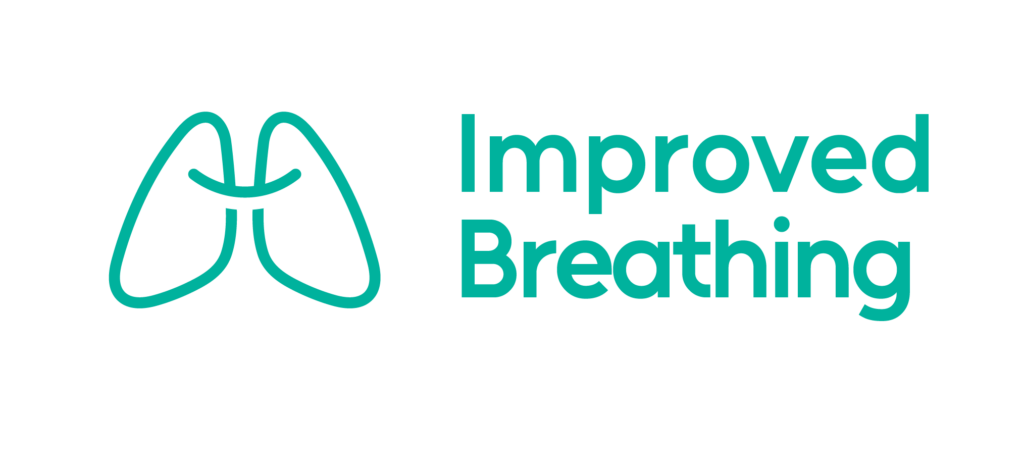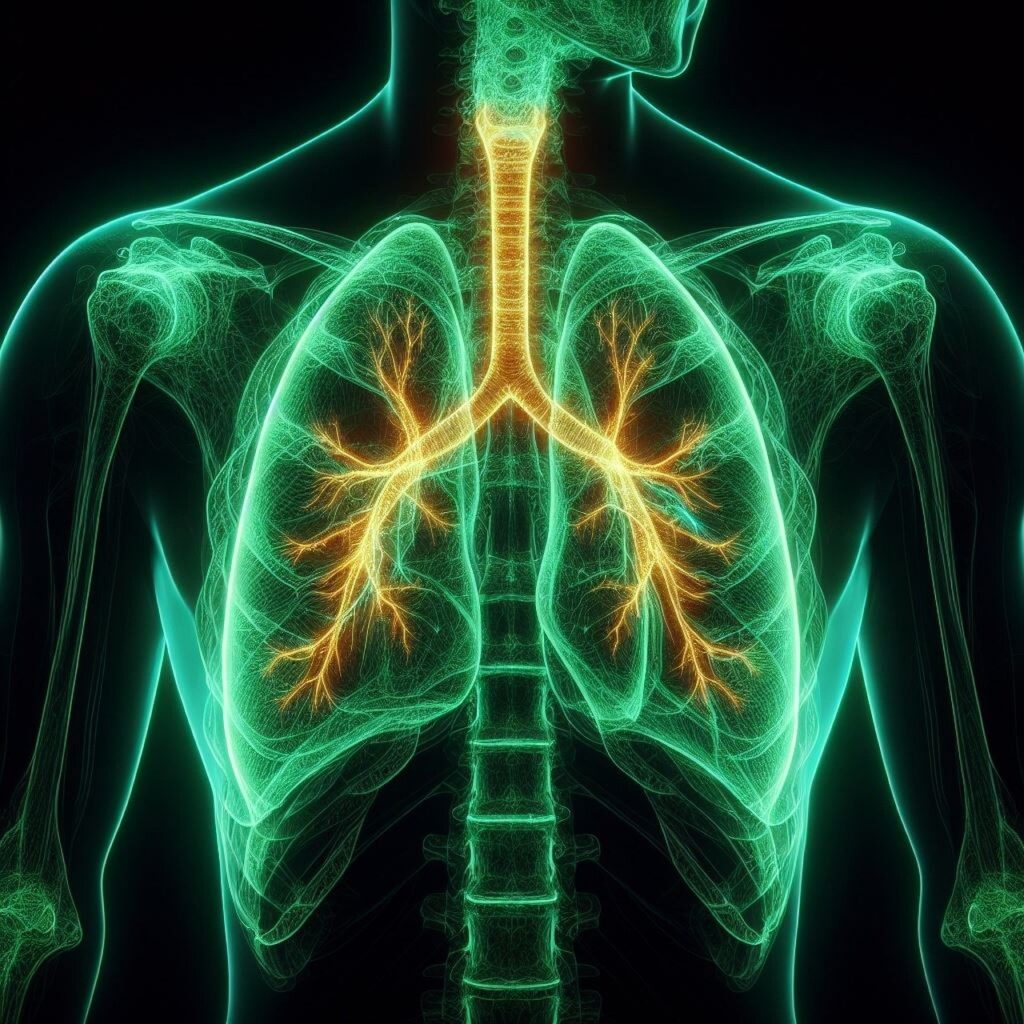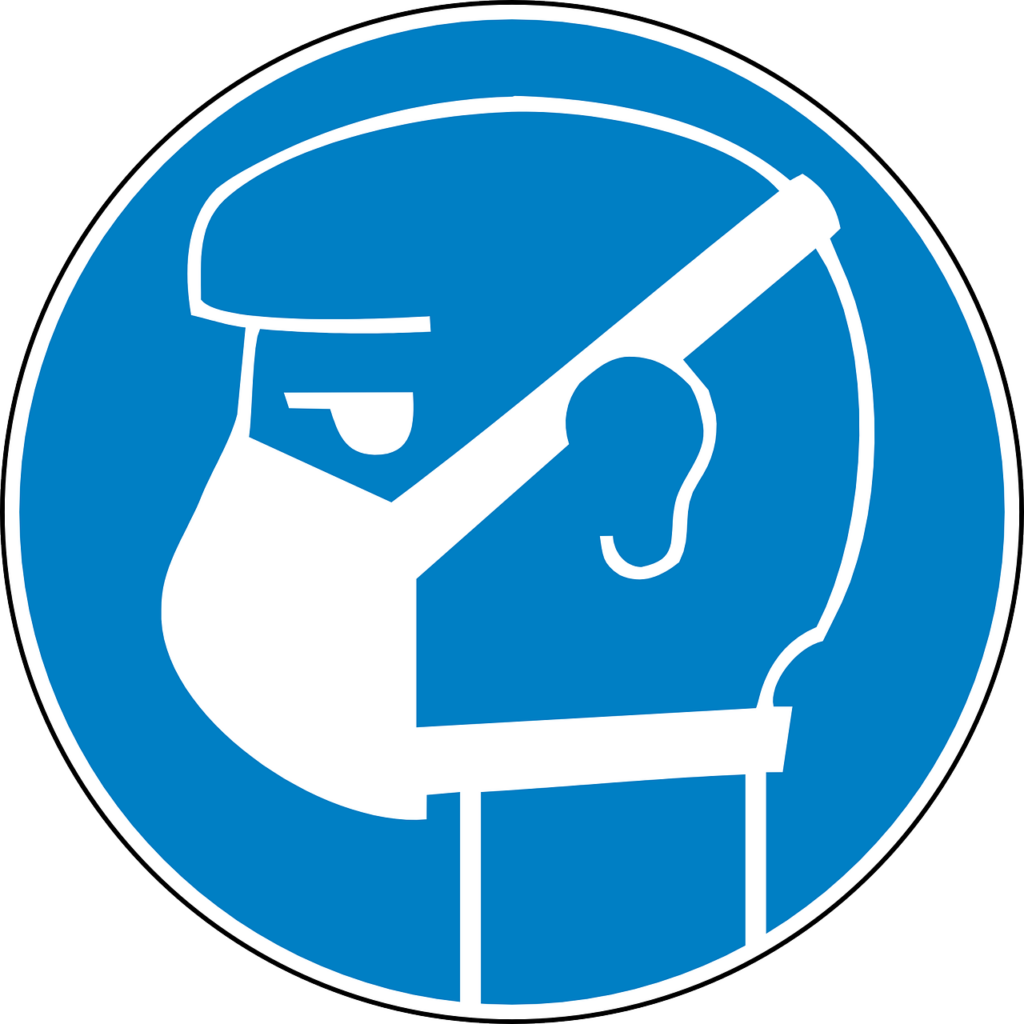If you or a loved one are living with Chronic Obstructive Pulmonary Disease (COPD) or emphysema, you’re likely familiar with one of its most common and troublesome symptoms: coughing. In this blog post, we’ll explore the relationship between COPD and coughing, why it happens, its impact on daily life, and strategies to manage this challenging symptom.
What is COPD?
Before diving into the specifics of coughing, let’s briefly review what COPD is. COPD is an umbrella term for a group of progressive lung diseases, including emphysema and chronic bronchitis. These conditions cause airflow blockage and breathing-related problems, significantly impacting a person’s quality of life.
The Role of Coughing in COPD
Coughing is a natural reflex that helps clear the airways of irritants, mucus, and foreign particles. In people with COPD, coughing takes on a more prominent role due to the changes in lung structure and function caused by the disease.
Why Do People with COPD Cough More?
- Increased Mucus Production: COPD often leads to an overproduction of mucus in the airways. This excess mucus can trigger the cough reflex as the body attempts to clear the airways.
- Inflammation: Chronic inflammation in the airways, a hallmark of COPD, can irritate nerve endings and promote coughing.
- Structural Changes: As COPD progresses, it can cause changes in the structure of the airways, making them more sensitive to irritants and prone to collapse, leading to increased coughing.
- Damaged Cilia: The tiny hair-like structures (cilia) that help move mucus out of the lungs can be damaged in COPD, making it harder to clear airways without coughing.
Types of Cough in COPD
People with COPD may experience different types of cough:
- Chronic Cough: A cough that persists for at least three months in two consecutive years.
- Productive Cough: A cough that produces mucus or phlegm.
- Dry Cough: A cough that doesn’t produce mucus, often described as “hacking” or “tickling.”
- Nocturnal Cough: Coughing that worsens at night, potentially disrupting sleep.
Impact of Coughing on Daily Life
Persistent coughing can have a significant impact on the quality of life for people with COPD:
- Physical Discomfort: Frequent coughing can lead to chest pain, sore throat, and fatigue.
- Sleep Disturbances: Nocturnal coughing can interrupt sleep, leading to daytime fatigue and decreased overall well-being.
- Social Embarrassment: Some individuals may feel self-conscious about their cough in social situations.
- Exacerbations: Increased coughing can sometimes signal a COPD exacerbation, requiring prompt medical attention.
Managing Cough in COPD
While coughing is a necessary mechanism for clearing airways, there are several strategies to help manage excessive coughing in COPD:
- Medications:
- Bronchodilators can help open airways and reduce coughing.
- Inhaled corticosteroids may help decrease airway inflammation.
- Cough suppressants might be recommended for short-term use, but should be used cautiously as coughing serves an important function in COPD.
- Airway Clearance Techniques:
- Controlled coughing techniques can help clear mucus more effectively.
- Chest physiotherapy or using devices like flutter valves can assist in mucus clearance.
- Lifestyle Changes:
- Quitting smoking is crucial for reducing cough and slowing COPD progression.
- Staying hydrated can help keep mucus thinner and easier to clear.
- Avoiding irritants like air pollution or strong odors can reduce cough triggers.
- Pulmonary Rehabilitation:
- These programs can teach breathing techniques and exercises to manage symptoms, including coughing.
- Humidifiers:
- Adding moisture to the air can help loosen mucus and soothe irritated airways.
- Proper Nutrition:
- A balanced diet rich in fruits, vegetables, and lean proteins can support overall lung health.
When to Seek Medical Attention
While coughing is common in COPD, certain changes in your cough pattern may warrant medical attention:
- Increased frequency or severity of coughing
- Changes in the color or amount of mucus produced
- Coughing up blood
- Accompanying symptoms like fever, chest pain, or increased shortness of breath
These could indicate an exacerbation of COPD or a respiratory infection requiring prompt treatment.
Final Words
Coughing, while often troublesome, plays a crucial role in managing COPD by helping to clear the airways. Understanding the reasons behind increased coughing in COPD and implementing appropriate management strategies can significantly improve quality of life for those living with this condition. Remember, every individual’s experience with COPD is unique, so it’s essential to work closely with your healthcare provider to develop a personalized management plan that addresses your specific symptoms and needs.
By staying informed and proactive in your COPD management, you can better control symptoms like coughing and maintain the best possible quality of life despite the challenges of living with a chronic lung condition.














